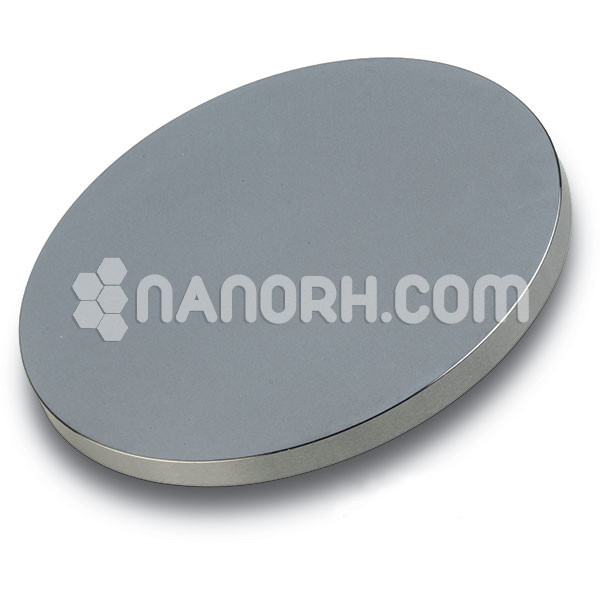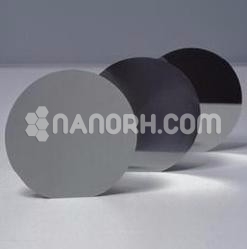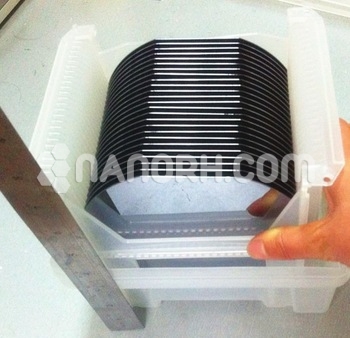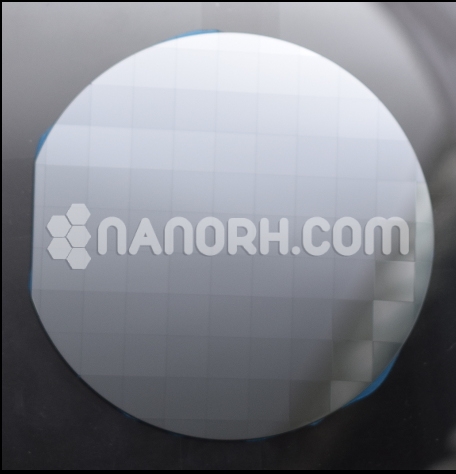| Iron Boride Sputtering Targets | |
| Product No | NRE-43454 |
| CAS No. | NA |
| Formula | FeB |
| Molecular Weight | NA |
| Purity | >99.9% |
| Density | NA |
| Thickness | 3 mm ± 0.5mm (can be customized) |
| Diameter | 50 mm ± 1mm (can be customized) |
| Shape | Round |
| Resistivity | NA |
| Thermal Conductivity | NA |
Iron Boride Sputtering Targets
Introduction
Iron borides are compounds formed from iron and boron, typically represented as FeB and Fe2B. These materials are notable for their hardness, high melting points, and exceptional wear resistance. Due to these properties, iron boride sputtering targets are increasingly utilized in thin film deposition processes, making them essential in various advanced applications.
Applications
Wear-Resistant Coatings:
Iron boride sputtering targets are commonly used to produce coatings that improve the wear resistance of industrial tools, machinery, and components. These coatings are ideal for parts subjected to abrasive conditions, extending their operational life.
Cutting Tools:
In the manufacturing of cutting tools, iron boride coatings enhance performance by providing hardness and reducing friction. This results in improved cutting efficiency and longer tool life.
Magnetic Materials:
Iron borides can also be utilized in the production of magnetic films for electronics and data storage devices. Their magnetic properties make them suitable for applications requiring high-density storage and enhanced performance.
Protective Coatings:
These sputtered coatings are used to protect various substrates from corrosion and oxidation, making them valuable in automotive, aerospace, and marine applications where exposure to harsh environments is common.
Biomedical Applications:
Iron boride coatings can improve the biocompatibility and wear resistance of surgical instruments and implants, enhancing their performance in medical applications.
Research and Development:
Iron borides are explored in advanced materials research, where their unique properties can be harnessed for innovative applications in nanotechnology and energy storage systems.




